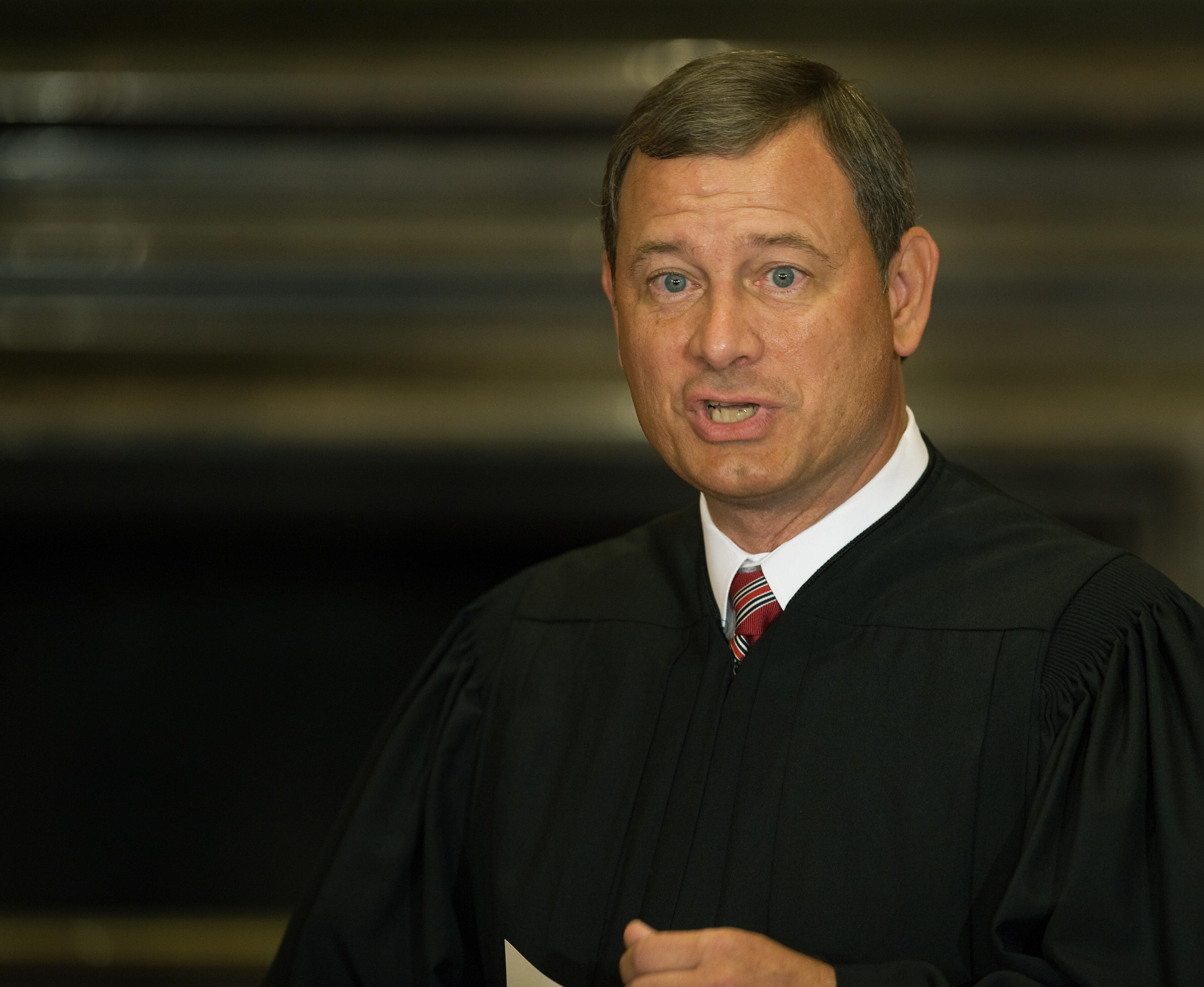In her dissent, Justice Elena Kagan, writes: “Of all times to abandon the Court’s duty to declare the law, this was not the one. The practices challenged in these cases imperil our system of government. Part of the Court’s role in that system is to defend its foundations. None is more important than free and fair elections. With respect but deep sadness, I dissent.”
She added: “And gerrymandering is, as so many Justices have emphasized before, anti-democratic in the most profound sense.”
On Friday, Kagan had joined Justice Stephen Breyer in sounding the alarm on precedent.
CNN's Ariane De Vogue contributed reporting.






